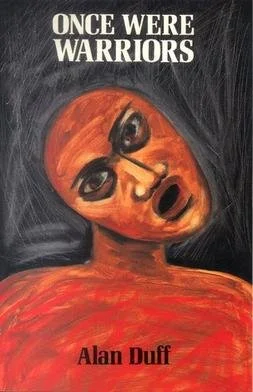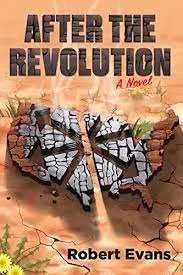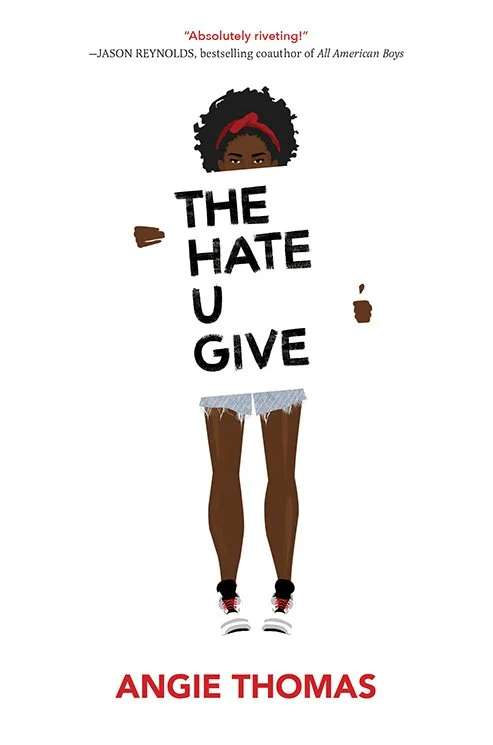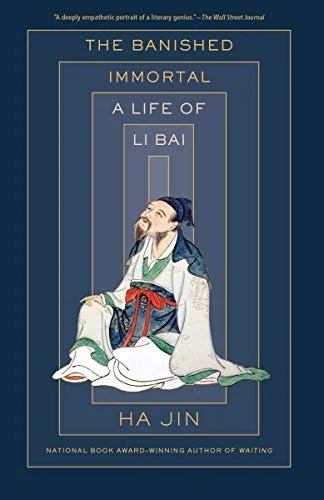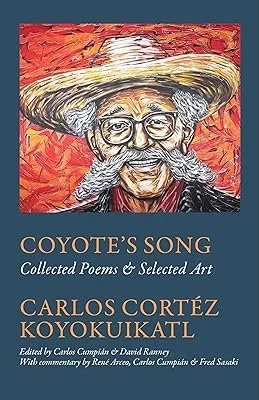Once We Were Warriors / Alan Duff / 1990
Oof. What a harrowingly dark, moving, and hopeful book. Duff narrates the story of a Heke family, who lives on Pine Block, a housing project. The narrative follows the perspectives of Beth (an abused mother), Jake (a violent and drunken father), and their children, damningly observing the way governmental policies, cultural genocide, and anti-Native, anti-Black racism crushes the families in its way. This book is not for the tender hearted: you will read a scene with sexual violence and a suicide, among other just blisteringly heart-breaking scenes of characters succumbing to violence or drugs or shitty behaviors, frankly because there aren’t any other good options for them. Each character Duff portrays is so much bigger than their circumstances, yet painfully conscribed by it. And yet, the ending, while far from cheery, is so goddam hopeful. I want this book to be at the center on some conversations about abolition and recovery. I want people to read of Beth’s recovery story. While some critics might find conservative elements in Duff’s criticisms of certain elements of Maori culture, this Richard Wright-esque clear-eyed condemnation is a necessary voice, even in its harshness, even as Wright’s was. 4.8/5
